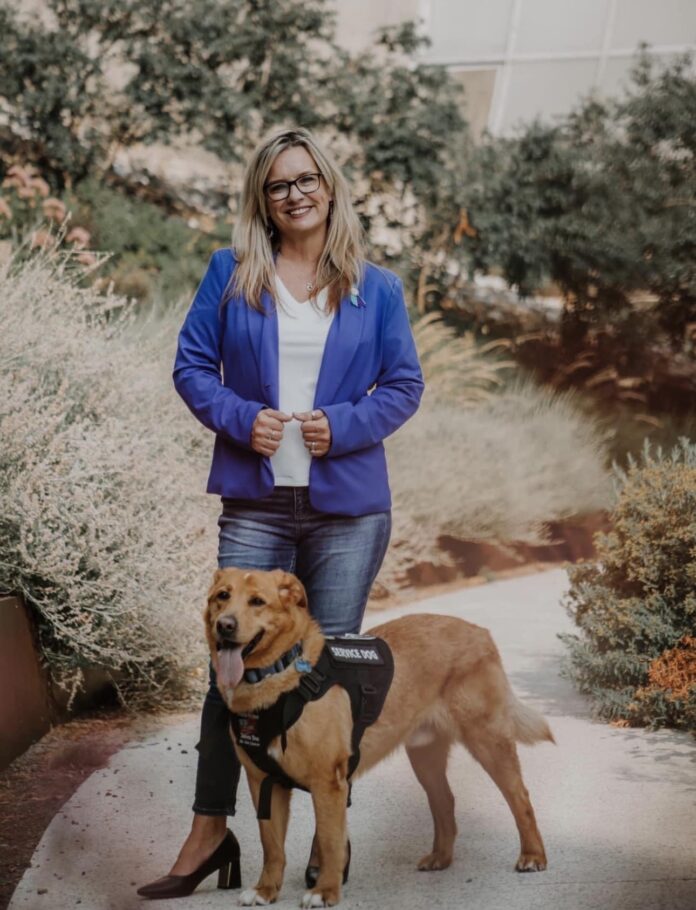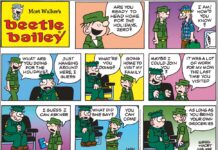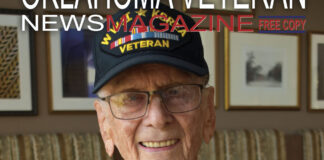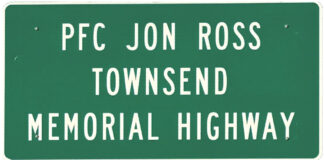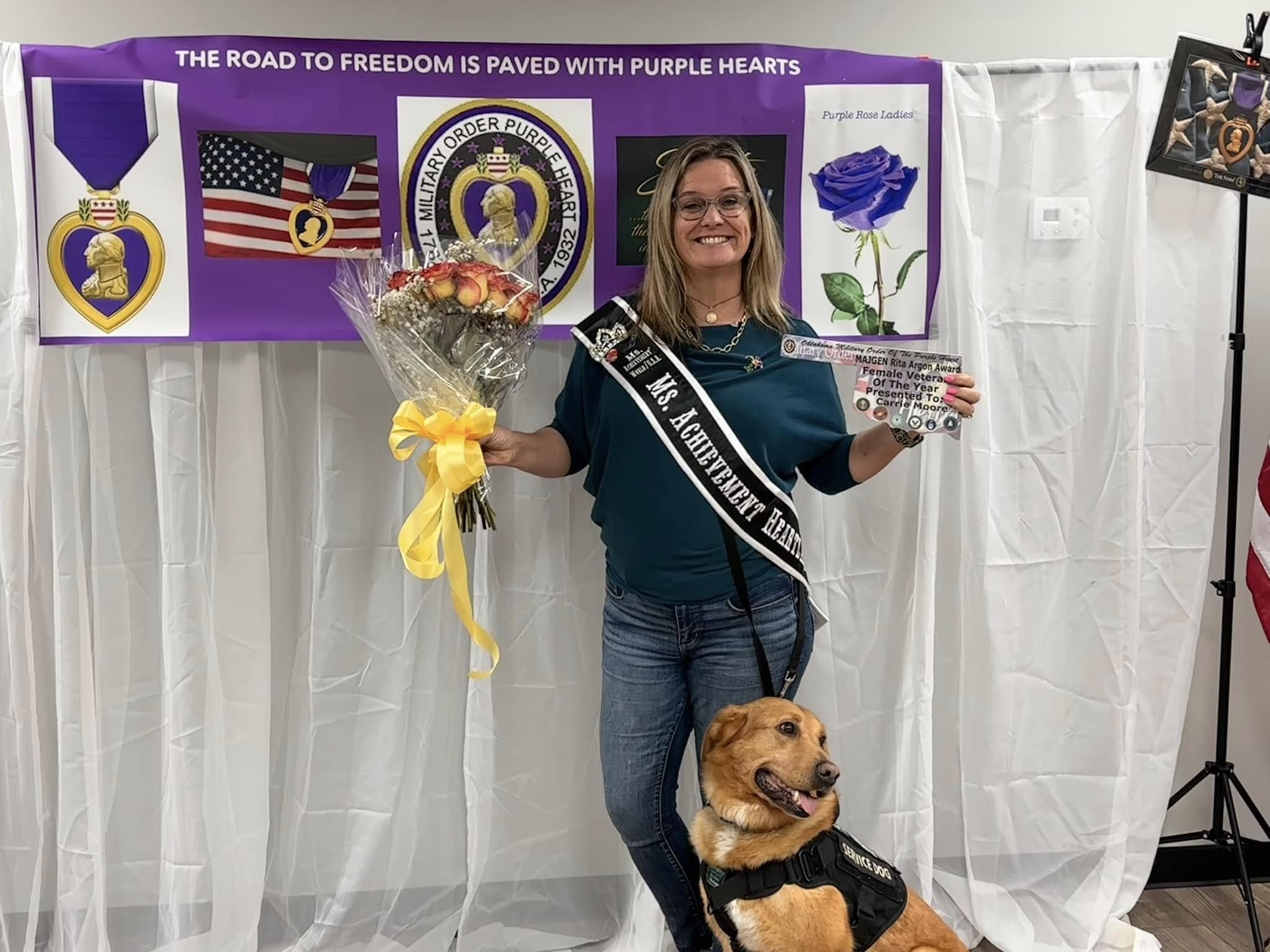
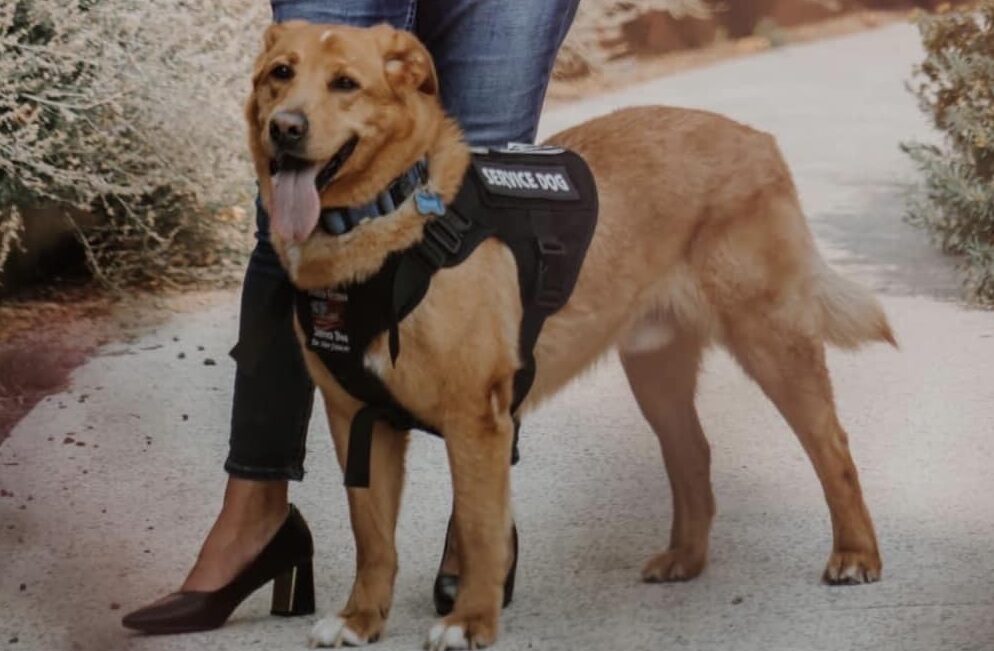
Her experience as a participant in the Ms. Veteran America competition helped spur Carrie Moore into advocacy work for Veterans.
“I ran for Ms. Veteran America, I think it was three years ago, and that kind of threw me into advocacy work,” Moore, a U.S. Navy Veteran said. “The purpose behind Ms. Veteran America is to raise awareness and funds for women veterans that are homeless. We provide suitable housing for them and their children.”
She added, “So, most of the time when women veterans are homeless, they don’t really realize that they can seek assistance if they have children, because they’re afraid their children are going to be taken away from them. We try to help ensure that they’re placed together, and kept together, and get them the help that they need.”
Moore grew up in Eufaula before enlisting in the Navy, where she served for five years.
“I grew up on Lake Eufaula, and being the rebellious teenager that I was, I did not want to do the same thing that my dad (U.S. Army) did. So, the other services were options for me. The Navy just got to me first,” she said.
Moore said directly after the service, she went into contracting after working at the National Security Agency in Fort Meade, Maryland.
“But then, when I had my son, which was in 2004, I wanted to be a stay-at-home mom. So we moved to Texas, and I was a stay-at-home mom for the next 15 years,” she said.
Moore and her husband later moved to Moore to be closer to family.
Moore’s Veteran advocacy efforts also included working as a VSO for the Dale Graham Foundation for about 12 years, writing claims for them, specializing in military sex trauma before working with the American Legion in Moore.
“To be able to give back to veterans just means a lot to me, because we’ve got a lot of making up to do,” she said. “I feel like you make a bigger difference (with Veterans) that way.”
Moore and her husband are also giving back to Veterans through their non-profit, Got Your Six, Service Dogs for Veterans which trains veterans to train their own service dogs.
“I had been doing some volunteer work with rescues around the area. I had been fostering dogs and transporting them from one rescue to another,” she said. “We were contacted by an organization that had a dog they had been given to be euthanized. We took the dog on because my husband trains canines for sport. We weren’t worried about taking in this dog, because we knew we could fix whatever issue he had going on. He (Ruger) has been just the best dog ever. If you’re around him for five minutes, you’re in love with him.”
Moore said they had Ruger for about three weeks before they noticed something about him.
“We had him for about three weeks when he started alerting me to a heart condition that I have,” she said. “I have Wolff-Parkinson-White Syndrome, which causes my heart rate to go up to 300 beats a minute.”
Moore said that spurred a desire in learning what it took to get a service dog trained.
“We were unable to find anybody that would train him because we didn’t know his past. They considered it a liability working with a dog that came from the shelter,” she said. “We just went ahead and started training him ourselves.”
Moore believes that service dogs are the most underutilized resource that we have.
“Not many people know about it, and they think that you must spend thousands of dollars or be on a two-year waitlist to get a service dog,” she said. “And that’s not the case. You can train one yourself, and it can be a dog from the shelter. There Are no limitations on breeds, ages. They need to be able to perform a task that you need for your disability to make your life better.”
Moore said Ruger has been a traveling companion to advocate and educate on service dogs.
“I’ve been traveling around with him for two, three years advocating for female veterans, and just trying to get the word out about how this resource can help other veterans,” she said.
Moore said they currently only help Veterans.
“At this point in time, we only help veterans. We train one dog, one veteran,” she said. “We prefer that they bring in a dog that they have at their house, but a lot of times those dogs will not work. They must be environmentally-sound more than anything. So, if that dog doesn’t work, then they can switch to another dog in the house.”
Moore said their training sessions are held each Monday at a church in downtown Moore.
“We train every Monday evening, and we train for about an hour,” she said. “And our point behind it is, we give you homework every week. We show you how to train the dog for something specific, and then we have you go home for that week and practice on that thing. And then we continually add to that.”
Moore said consistency is a key component of training.
“You must do it consistently. The consistent training, doing it daily,” she said. “And a lot of people don’t want to put in the work for it, they think it’s just going to happen.”
Moore said their training services are free to Veterans.
“We have found that many Veterans have a need for service dogs but cannot pay thousands of dollars for one or have years to wait to get one trained from an organization,” she said. “And we believe that teaching a Veteran to train their own will allow them to pay it forward and help someone else which helps the veteran feel worthy and want to stick around. It’s completely free of charge to the veterans. Even if they need a dog, that’s all free of charge.”
For more information contact Moore at (405) 365-5356 or email her at Carrie.Moore.ok@gmail.com. story by Van Mitchell


